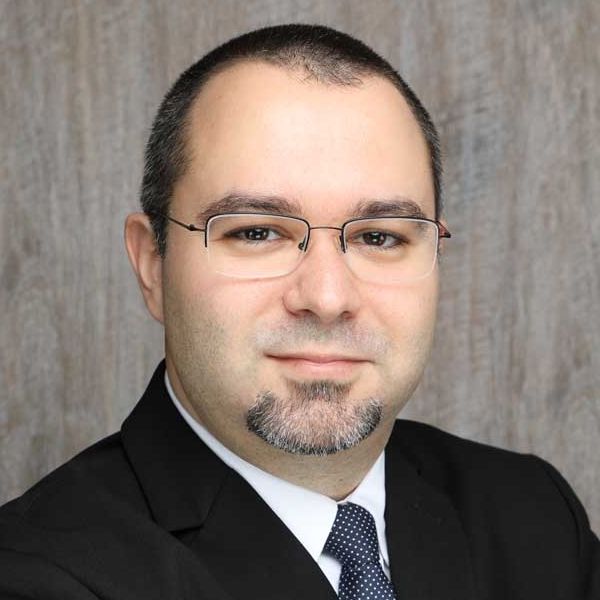| University | University of Groningen (UG) |
| Institute and/or group | Zernike Institute for Advanced Materials (Zernike) |
| Advisors | Prof. dr. Thomas Schlathölter (UG), Prof. dr. Wouter Roos (UG) |
| oLife Research Areas | I. Planetary preconditions and boundary conditions of Life, and its origins here on Earth IV. Distribution of Life across the universe |
| Start date
End date Next career step |
September 1, 2020
November 30, 2023 University College Groningen, University of Groningen, the Netherlands |
Profile of the fellow
Marcelo Goulart is an experimental physicist studying atoms and molecules of astrophysical and astrochemical interest. He uses mass spectrometric and spectroscopic techniques to investigate the physical and chemical aspects of species under conditions similar to the Interstellar Medium or primitive planetary atmospheres.
Marcelo concluded his Ph.D. in 2014 at the Federal University of Juiz de Fora – Brazil, with a one-year collaboration period at the University of Innsbruck – Austria. In his academic career, Marcelo worked as a postdoctoral fellow at the University of Rio de Janeiro with a CAPES Pós Doutorado Júnior grant. Subsequently, he was the principal investigator of a project awarded a Lise Meitner grant at the University of Innsbruck, where he had the opportunity to expand his expertise in ultracold molecular clusters.
In the oLife Fellowship, Marcelo uses his experience to study the stability and viability of bio-molecules related to the origin of life and the consequences of its presence on interstellar and planetary environments.
Gas-phase spectroscopy of glycine-containing clusters, peptides and proteins related to the origins of life
Fundamental questions with respect to the genesis of life are related to the formation and stability of its building blocks: amino acids, nucleic acids and lipid molecules. After the discovery of amino acids in meteorites over the last three decades, notably glycine and β-alanine, the hypothesis of pseudo-panspermia – prebiotic molecules being seeded from outer space on Earth – gained strength. Today it is considered an alternative to more traditional ideas of life origins such as in a “prebiotic soup” or in the early Earth’s atmosphere, albeit there is still controversy in the field.
Titan, the largest moon of Saturn, is similar in many ways, to the primitive Earth with respect to the presence of organic matter, liquid water and energy and it is considered a prebiotic laboratory at planetary scales. The Cassini space mission reported a rich chemistry in Titan that is initiated by solar XUV-VUV radiation that starts with photons partially ionizing the gaseous medium. Therefore, despite the absence of liquid water reservoirs on its surface, molecular studies performed under simulated Titan’s atmosphere may lead to conclusions related to the prebiotic chemistry on the primitive Earth.
In biology, the function of a protein is not only determined by its sequence of amino acids that can often be verified by mass spectrometry. For a given sequence, the function follows the three-dimensional configuration. Any change in conformation results in a change in function. The transition from a linear polypeptide chain into its final three-dimensional structure has been investigated for more than 50 years and this project aims to further expand the knowledge on this area by performing spectroscopic and mass-spectrometric investigations on glycine clusters and glycine-rich proteins (GRP). Cluster investigations elucidate its stability with respect to the charge state together with the formation of peptide bonds and provide chemical knowledge on protein precursors under conditions similar to Titan’s and primitive Earth atmospheres. The study of GRP’s generates information about protein chemical and conformational stability. On this matter, results on particular conformations can be associated with the functionality of the GRP’s under the studied conditions. Therefore, these investigations directly impact the fields of astrobiology and astrochemistry, providing useful data for biologists and chemists to investigate the role of (glycine-rich) proteins in the origin of life.

Dr. Marcelo Goulart
